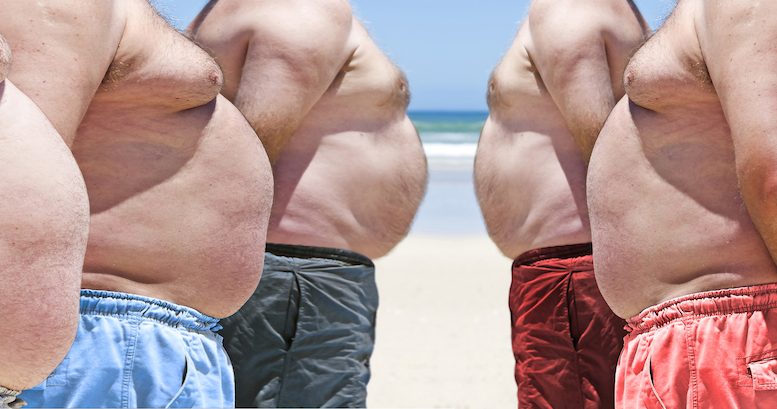The Hormones of Weight Gain and Loss
Nearly two-thirds of Americans are either overweight of obese. Medical providers are overwhelmed by the consequences of poor dietary and lifestyle decisions. Obesity results in deaths from illnesses such as hypertension (high blood pressure), diabetes type 2, heart disease, high cholesterol, and stroke. Weight gain and obesity is what I would consider the number one public health epidemic and will kill more Americans than any infection this year.
The complex relationship of the hormones affecting obesity is one that is just becoming fully understood. Obesity in human beings is an epidemic and to fully understand why obesity is not a simple disease to solve, you must understand the hormones that contribute to obesity. Although we understand many of the aspects of obesity and the hormones that contribute to it, this area of research is still in its infancy.
The problem is that the cause is not a simple one and it is caused by a large list of multifactoral and contributing factors. The relationship between hormones and weight gain is complex but if you understand the hormones, you will understand how to better avoid weight gain. I’m not talking about the compounds most folks recognize as hormones. Although estrogen, progesterone, and testosterone have some effect on lean body mass and fat distribution. These hormones will not make you fat.
The science of weight gain and loss is fascinating and has made huge progress in the past 10 years. We now have a good understanding of much of the complex relationship between the hormones and metabolic cycles that result in weight changes. The unfortunate thing is that there is not a single cause or cure for obesity in every person.
What are hormones? Hormones are chemical signals or messages that lead to the regulation of bodily functions throughout the body. They have produced glands of the endocrine system, nerves, your brain, and various other cells of your body. They tell your body to is time for bed or your cells to take up glucose.
Hormones really cannot make you fat. I know if you read the label for Depo-Provera, you will notice that weight gain is listed as a side-effect, but this is usually 5 pounds and the medication will not make you fat. It has no calories. It needs help to cause weight gain. The truth behind this side-effect is it is tied to calorie intake. That being said, they can signal fat depositions or increase your hunger, but without increase intake, you will not gain weight.
So, what are the hormones that contribute to weight loss and weight gain?
Hormones associated with Appetite and Weight Regulation:
List of weight and appetite-regulating hormones:
- Adiponectin
- Adrenaline / Norepinephrine
- Cholecystokinin
- Cortisol: Stress and Cortisol, The Battlefield: Cortisol is making fat and unhealthy.
- Ghrelin
- Glucagon
- Growth Hormone
- Insulin
- Leptin
- Neuropeptide Y
- Pancreatic Polypeptide
- Peptide YY
- Seratonin
- Testosterone / Estrogen / Progesterone
- Thyroid Hormone
The list of regulatory hormones illustrates the complexity of the science and problems surrounding obesity. You can clearly understand why it is so hard to find a drug to fight obesity. I plan to do a group of articles on many of these compounds to explain the breadth of the problem and what you can do to better manage your weight since there is no magic bullet at this time.







Leave a Reply